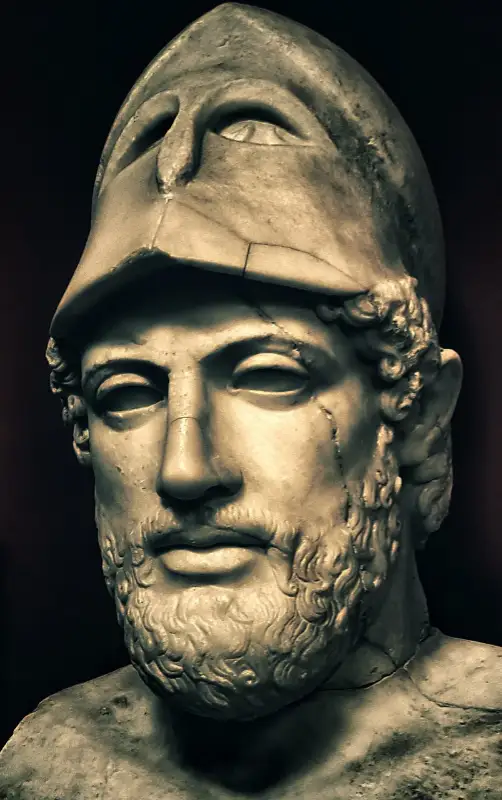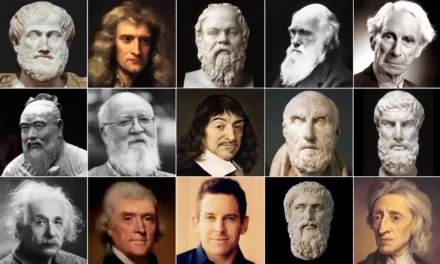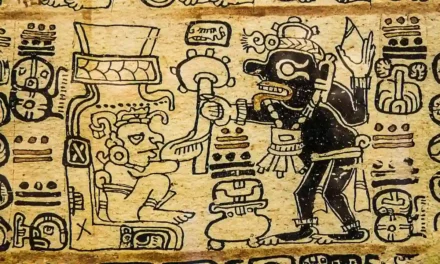
Merit-Based Governance: Exploring Meritocracy as a Form of Government
I
n the realm of governance, the concept of meritocracy stands as a beacon of aspiration, promising a system where leadership is earned through merit, competence, and contributions to the greater good. Yet, beneath the veneer of this ideal lies a landscape fraught with complexities and nuances. By delving into the intricacies of merit-based governance, we embark on a journey to unravel its implications for societal organization and leadership selection. This exploration enables us to critically analyze the strengths and limitations of meritocracy as a form of government and to ponder alternative models that prioritize merit, competence, and societal contributions.
Merit-based governance is not merely a theoretical construct but a dynamic force that shapes the fabric of societies worldwide. As we navigate through its complexities, we encounter questions of fairness, efficiency, accountability, and social mobility. These considerations are paramount in understanding how meritocracy influences the organization of society and the mechanisms by which leaders are chosen. Moreover, our exploration prompts us to confront the inherent tensions within merit-based systems, as they strive to balance the ideals of merit and competence with the realities of human nature and social dynamics. Through this critical lens, we gain a deeper appreciation for the challenges and opportunities presented by meritocracy and the potential pathways towards more effective and equitable forms of governance.
At the core of meritocracy lies the principle that positions of leadership and authority should be earned through merit, competence, and contributions to the greater good
Understanding the Foundations of Meritocracy
Meritocracy, as a system of governance, finds its roots entrenched in the annals of history, dating back to ancient civilizations where leadership roles were often earned through merit and prowess. This concept has undergone a significant evolution over the centuries, shaping the organizational structures of modern societies. Delving into the historical origins and philosophical underpinnings of meritocracy allows us to trace its trajectory from antiquity to contemporary governance systems. By understanding its foundational principles, we gain insight into the fundamental ideals driving merit-based governance.
At the core of meritocracy lies the principle that positions of leadership and authority should be earned through merit, competence, and contributions to the greater good. This contrasts starkly with systems where leadership is bestowed upon individuals based on inherited privilege, connections, or a popular vote. By facilitating discussions on these principles, we engage in critical discourse surrounding the essence of meritocracy and its implications for societal organization. Moreover, we explore how meritocracy aligns with notions of fairness, efficiency, accountability, and social mobility, which are essential factors in assessing its effectiveness as a governance model.
However, alongside its merits, meritocratic governance also harbors limitations and challenges. While the concept of meritocracy strives to promote fairness and competence in leadership selection, its practical implementation may encounter obstacles such as biases, inequalities, and systemic barriers. It’s crucial to examine these complexities and nuances to gain a comprehensive understanding of the dynamics at play within merit-based systems. Through case studies of countries or societies that have embraced meritocratic principles, we can glean valuable insights into the real-world implications of meritocracy and its potential for shaping more equitable and effective governance structures.

Examining meritocratic practices across various spheres of governance unveils a multifaceted landscape where electoral systems, civil service recruitment, judicial appointments, and public administration are imbued with principles of merit.

Analyzing the Implementation of Meritocratic Principles in Governance
As we delve into the implementation of meritocratic ideals in governance, our journey leads us to scrutinize how these principles are translated into action within the intricate framework of governance structures and processes. It becomes imperative to assess the effectiveness of merit-based criteria in selecting leaders and policymakers, recognizing that the foundation of meritocracy rests on the premise that individuals should ascend to positions of authority based on their merit, competence, and contributions to the common good.
Examining meritocratic practices across various spheres of governance unveils a multifaceted landscape where electoral systems, civil service recruitment, judicial appointments, and public administration are imbued with principles of merit. Through this examination, we gain insight into how meritocracy influences decision-making, shapes public policy outcomes, and impacts citizen trust in government. By critically assessing the implementation of meritocratic principles, we can discern the strengths and weaknesses of merit-based governance systems and identify areas for improvement.
However, our exploration of meritocracy in governance is not devoid of challenges and ethical considerations. Ensuring equal opportunities for advancement, preventing elitism and favoritism, and safeguarding against corruption and abuse of power are among the paramount ethical dilemmas that meritocratic governance confronts. Addressing these challenges is essential for upholding the integrity and fairness of merit-based systems, as they navigate the complexities of governance and strive to promote accountability and transparency.
In navigating the complexities of implementing meritocratic principles in governance, we are confronted with the imperative to strike a delicate balance between upholding merit-based criteria and safeguarding against potential pitfalls. By engaging in discussions on these challenges and ethical considerations, we can foster a deeper understanding of the nuances surrounding meritocracy in governance and pave the way for more equitable and effective systems of governance in the future.

Sharpen those skills!
Enter your information to get our FREE practice exercises so you can hone your critical thinking and reasoning skills!
Our exploration of alternative models of governance offers a glimpse into the diverse tapestry of possibilities that exist beyond the traditional paradigms.
Exploring Alternative Models of Governance
As we embark on our exploration of alternative models of governance, we open the door to a realm of possibilities beyond the confines of traditional systems. These alternative approaches prioritize merit, competence, and societal contributions, offering nuanced perspectives on how societies can be organized and governed. From technocracy to epistocracy and participatory democracy, each model presents its unique set of principles and practices that warrant critical examination and consideration.
In fostering critical thinking and debate, we delve into the merits and drawbacks of these alternative governance models. By comparing their approaches to leadership selection, decision-making processes, and representation of diverse interests and perspectives, we gain a deeper understanding of their implications for societal organization and governance. Through robust discourse, we challenge conventional wisdom and explore innovative avenues for addressing the complex challenges of governance in the 21st century.
Amidst this exploration, we are encouraged to envision and propose innovative approaches to governance that blend elements of meritocracy with principles of democracy, accountability, and social justice. This forward-thinking approach seeks to create more effective, equitable, and responsive systems of governance that reflect the evolving needs and aspirations of diverse societies. By embracing innovation and creativity, we chart a course towards governance models that are adaptive, inclusive, and sustainable for the future.
However, this journey is not without its challenges and ethical considerations. As we navigate the terrain of alternative governance models, we confront questions of power dynamics, representation, and legitimacy. Striking a balance between meritocracy and democratic principles requires careful deliberation and a nuanced understanding of societal dynamics. By addressing these challenges head-on, we pave the way for governance systems that uphold the values of fairness, accountability, and social justice while fostering innovation and progress.
Our exploration of alternative models of governance offers a glimpse into the diverse tapestry of possibilities that exist beyond the traditional paradigms. By fostering critical thinking, encouraging debate, and embracing innovation, we can chart a course towards governance systems that are more responsive, equitable, and resilient in the face of the complex challenges of the modern world. As stewards of our collective future, it is incumbent upon us to explore, question, and innovate in pursuit of governance models that reflect the aspirations and values of our diverse societies.
I
n conclusion, our exploration of merit-based governance has illuminated the intricate balance between principles of merit, competence, and societal contributions in shaping governance structures and processes. From understanding the historical origins and philosophical underpinnings of meritocracy to analyzing its practical implementation and considering alternative models, our journey has traversed diverse terrain. We’ve witnessed the merits of meritocratic governance in promoting fairness, efficiency, and social mobility, while also acknowledging the challenges it faces in ensuring accountability and mitigating biases.
Moreover, our examination of alternative governance models has sparked critical reflection and debate, inviting us to envision innovative approaches that blend elements of meritocracy with democratic principles, accountability, and social justice. As we navigate the complexities of governance, it becomes increasingly clear that no single model can fully address the diverse needs and aspirations of societies. Instead, it’s through ongoing dialogue, collaboration, and adaptation that we can strive towards governance systems that are responsive, equitable, and resilient. In forging this path forward, we remain committed to the pursuit of governance models that uphold the values of fairness, transparency, and inclusivity, ensuring a brighter future for generations to come.
Share your thoughts with the Thought Academy community in the Comments section below.

Sharpen those skills!
Enter your information to get our FREE practice exercises so you can hone your critical thinking and reasoning skills!






0 Comments